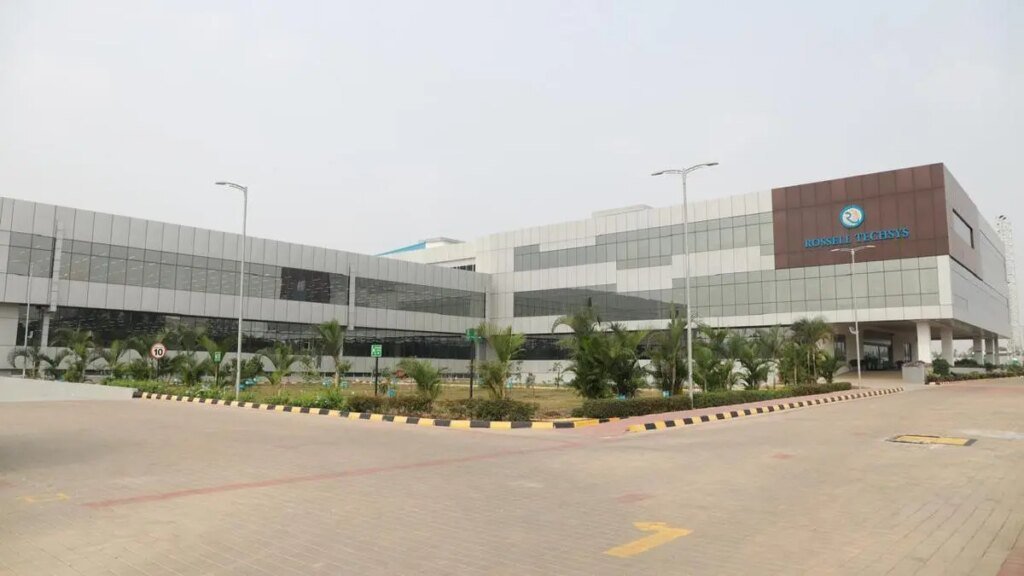KRERA: Developer, landowner jointly liable for water, sewerage connections in Bengaluru housing projects
In a key ruling with far-reaching implications for joint development projects, the Karnataka Real Estate Regulatory Authority (KRERA) has held that both the developer and the landowner are jointly responsible for statutory compliances, including the provision of essential civic services such as water and sewerage connections to homebuyers.
The order clarifies that in such partnerships, responsibility for ensuring basic infrastructure cannot rest solely with the developer, landowners too are equally accountable for fulfilling obligations that directly impact homebuyers’ access to fundamental services.
“The developer, landowner and the association shall, in coordination with BWSSB authorities, take all necessary steps to secure final water and sewerage connections for the project,” the order said.
“The developer and the landowner shall hand over all original project documents, including title deeds, Joint Development Agreement, approved plans, Occupancy Certificate, and statutory approvals, to the duly registered Residents’ Welfare Association,” KRERA said.
The order was issued in response to a complaint filed by 30 homebuyers of the Adi’s North Lake residential project in Bengaluru’s Yelahanka area, who alleged that even years after taking possession of their homes, they continue to face difficulties due to the project’s failure to secure essential approvals and hand over the project to the residents’ welfare association.
Also Read: Karnataka has over 2630 delayed real estate projects: KRERA
BWSSB connection delayed despite payment, say residents
The residents, who had taken possession of flats in the project developed under a Joint Development Agreement between Adi Developers and a private landowner, said the builder failed to secure a water and sewerage connection from the Bangalore Water Supply and Sewerage Board (BWSSB), despite collecting charges from homebuyers.
According to their complaint, the lack of BWSSB certification has not only made them vulnerable to service disruption but also prevented them from applying for Cauvery water under Phase 5 of the city’s supply grid. They said the developer cited financial disputes with the landowner as a reason for not clearing the dues, despite buyers having made full payments.
KRERA noted that BWSSB had issued a demand notice for ₹91.36 lakh in June 2021, but the challan expired due to non-payment. While the developer admitted to paying ₹30 lakh and has undertaken to deposit another ₹23 lakh within 15 days of the order, the landowner has allegedly failed to contribute his ₹38.37 lakh share of the statutory dues.
According to the order, the developer acknowledged the demand notice issued by BWSSB for the said services. “Due to the COVID-19 pandemic and the non-cooperation of the landowner in contributing his share of the amount, the payment could not be made within the stipulated time, and the challan lapsed. However, the Developer has recently engaged with BWSSB authorities, and a new survey has been conducted. The process for issuance of a fresh challan is currently underway, the developer said,” the order said.
“It is an undisputed fact that the developer and landowner entered into a Joint Development Agreement in 2013, under which the developer was entitled to 58% and the landowner to 42% of the total built-up area,” KRERA noted.
The authority observed that under Clause 28 of the Joint Development Agreement, both parties are proportionately liable for statutory charges, and any non-compliance by the landowner cannot deny homebuyers their basic services.
“It is a well-settled principle under RERA that both Developer and Landowner are jointly responsible for statutory compliances impacting service connections for residents. In the absence of the landowner’s compliance, equitable relief must follow to uphold the residents’ statutory rights,” the order said.
Also Read: Bengaluru homebuyers drag builder to KRERA over missing rooftop pool; Authority orders resolution via joint consensus
KRERA orders handover of the project
Homeowners said that the developer has not yet handed over legal documents, operational records, or common area governance to the resident welfare association as required under Section 11(4)(e) of the RERA Act.
KRERA acknowledged that the absence of a documented handover remains a critical compliance gap. The authority directed that all necessary documents and governance responsibilities must be formally transferred to the “duly registered” residents’ association.
A list of questions has been sent to the developer. The story will be updated once a response is received.



